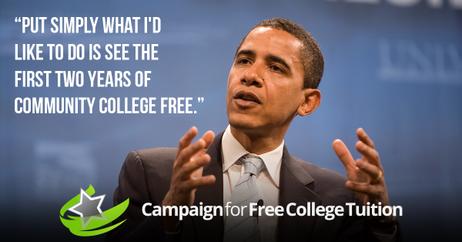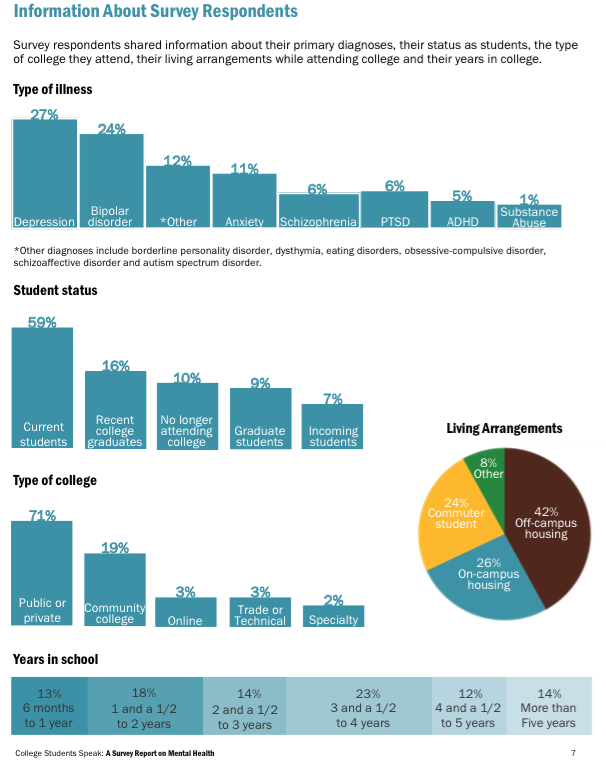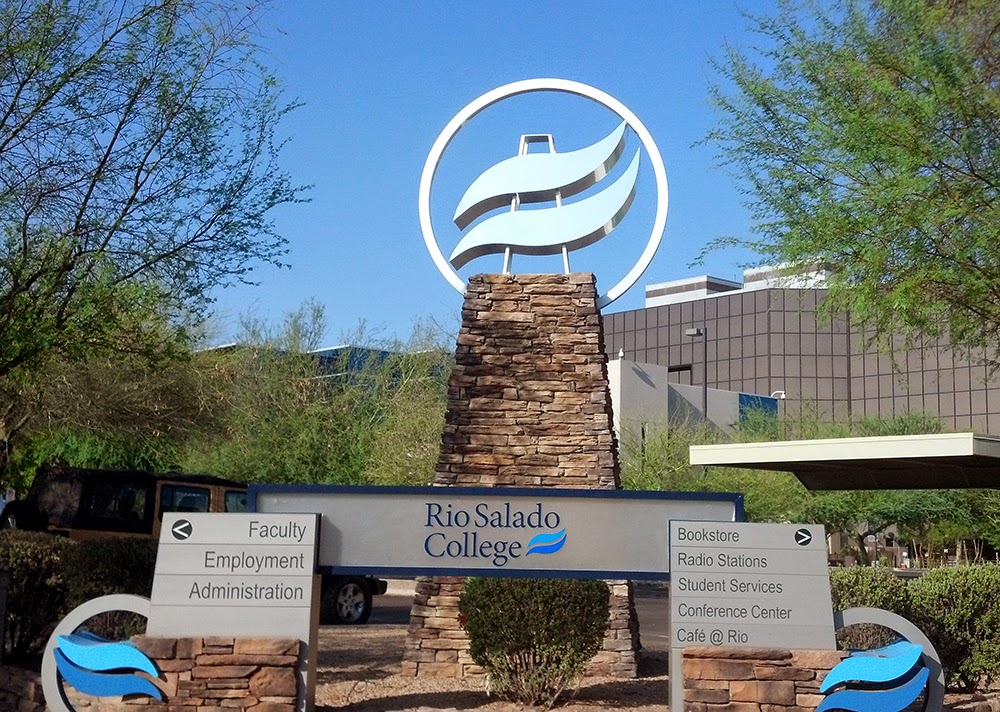So you want to go to college but can’t afford it. Perhaps you don’t want to take out loans that will take decades to pay off. Or maybe you don’t think you’d get many (or any) scholarships or grants because your grades are good enough but not that great or because you make just enough money not to be considered in great financial need.
If the President has his way, none of this will matter.
In January, in his State of the Union Address, President Obama outlined a $60 billion plan to make community college free for everyone. While ‘everyone’ doesn’t actually mean everyone, the plan would still open many doors for students who may not otherwise be able to attend college.
What are the Criteria?
The criteria for a tuition-free community college under the Obama plan are straightforward. Students must maintain a 2.5 GPA, which leads to a smattering of Bs and Cs – grades that most students quickly achieve. Attendance must be at least half-time, which is typically considered to be six or more credit hours each semester. That’s just two classes per semester, which is easily achievable by most students, even those who work or have other obligations outside of school. In short, students who put in the effort would get a free education.
There is, however, a third criterion. To limit the program's long-term costs, the plan would be

























